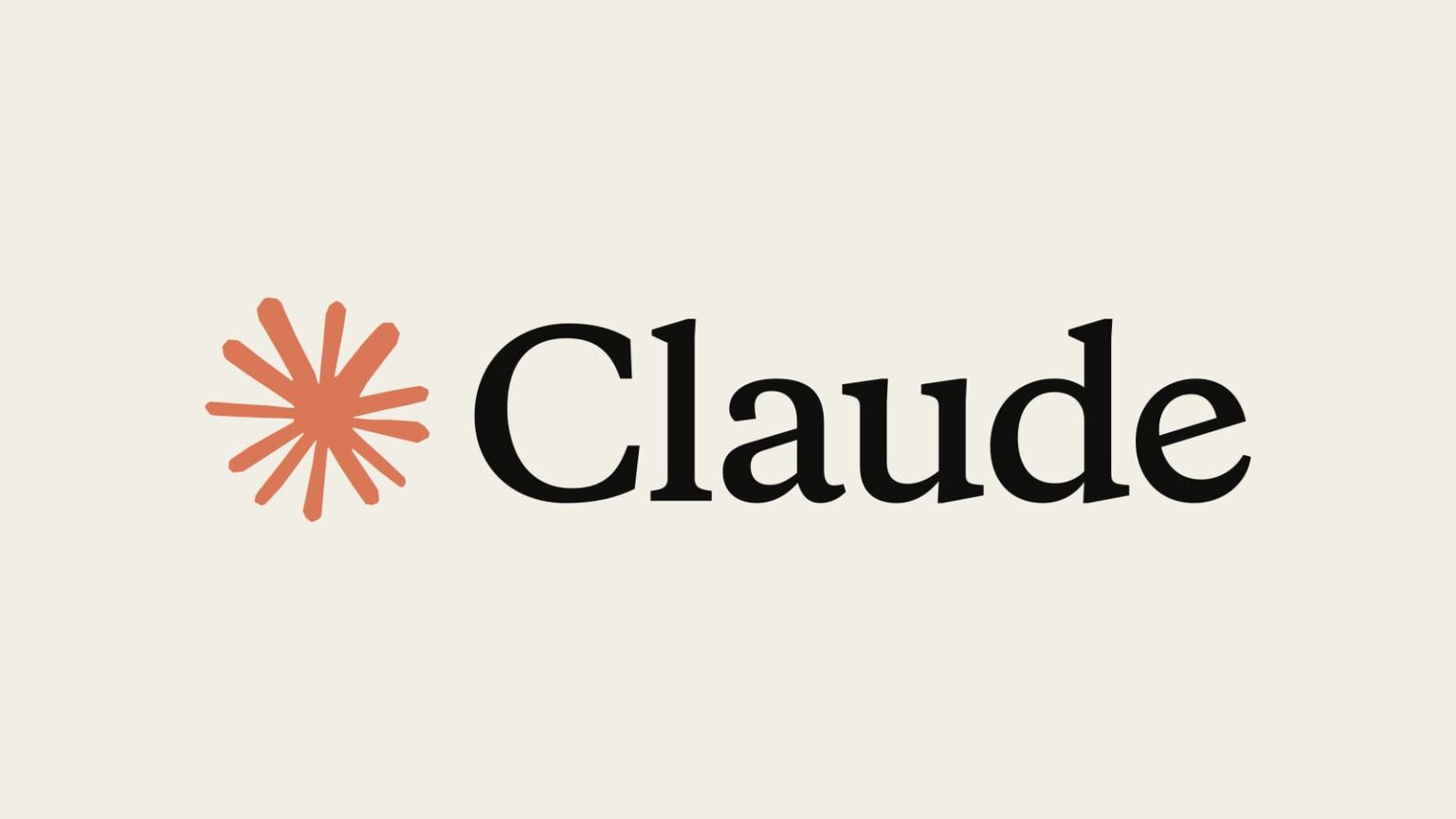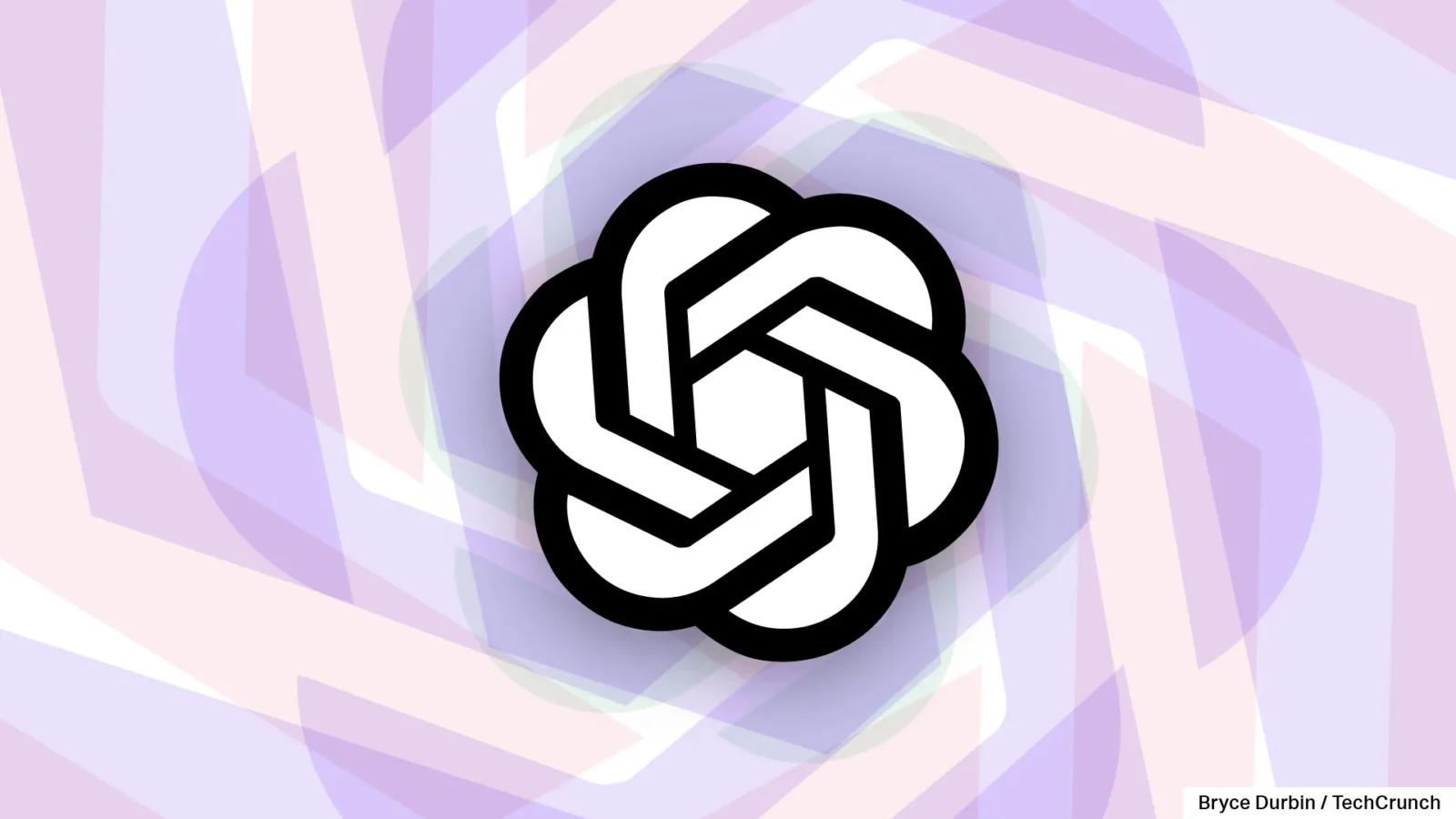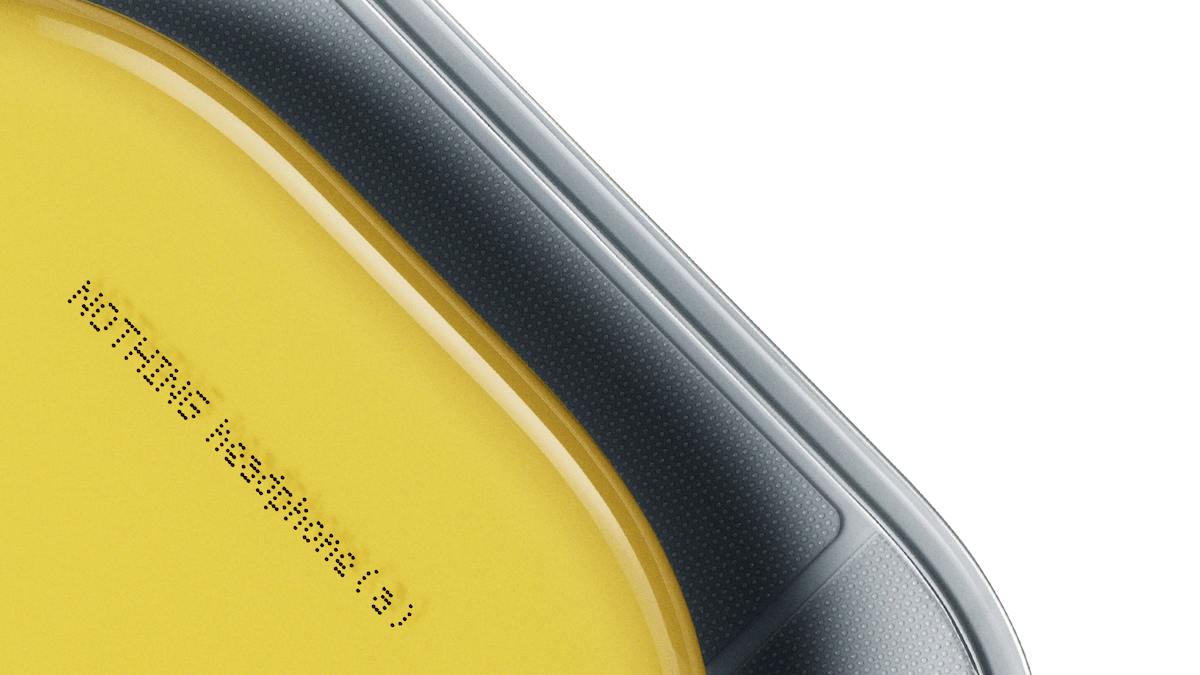Anthropic has released Claude Sonnet 4.5, its latest AI model, which the company is positioning as its most capable system to date. Marketed as a major leap in coding performance, Anthropic claims the model surpasses rivals such as GPT-5 and Google’s Gemini 2.5 Pro in software development tasks. Beyond programming, the company says Claude Sonnet 4.5 also shows stronger results in math, reasoning, and the construction of complex AI agents compared to its predecessor, Opus 4.1.
The update arrives with several new tools designed to expand how users interact with Claude. A revamped terminal interface introduces “checkpoints,” which function as save states so developers can roll back progress during projects. Claude apps now support direct code execution and file creation, meaning users can generate spreadsheets, slide decks, and text documents entirely within a conversation. Anthropic is also rolling out Claude for Chrome in beta for select Max subscribers and has introduced a new Agent SDK to encourage developers to build specialized agents on top of the model.
One of the company’s focal points with this release is behavior. Claude Sonnet 4.5 has undergone what Anthropic describes as extensive safety training aimed at reducing undesirable tendencies, such as mimicking user biases, reinforcing false beliefs, or pursuing open-ended “power-seeking” behaviors. By positioning the model as both powerful and more reliable, Anthropic is attempting to distinguish it in a crowded field where concerns about accuracy, alignment, and user manipulation remain active debates.
With this launch, Anthropic continues its strategy of balancing technical advancements with a strong emphasis on responsible deployment. Whether Claude Sonnet 4.5 will be widely adopted for coding and agent development depends on how developers weigh its claimed performance edge against competing models already embedded in popular platforms.







